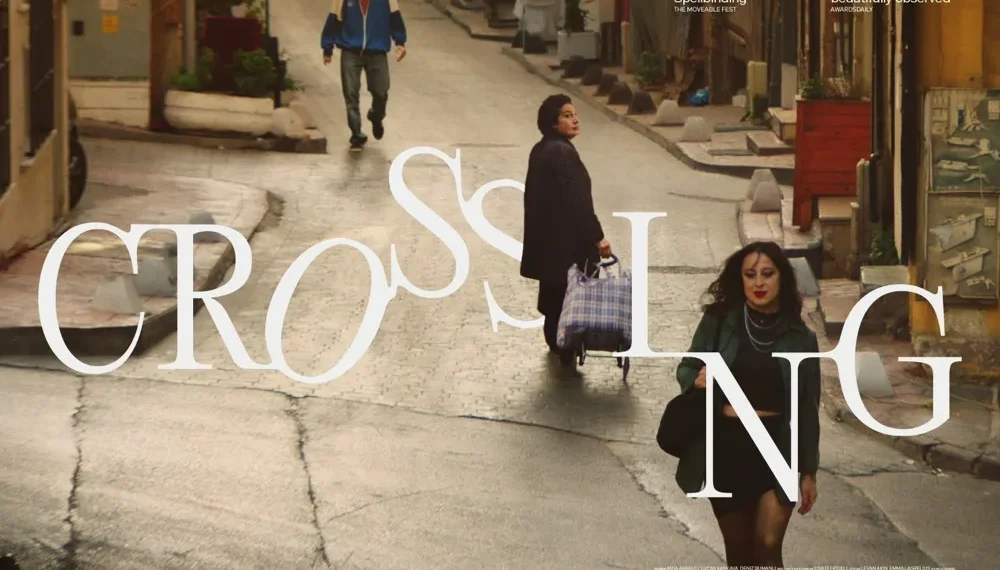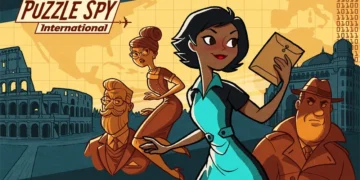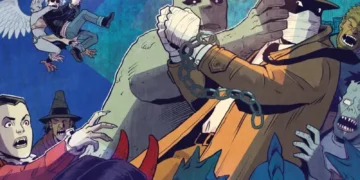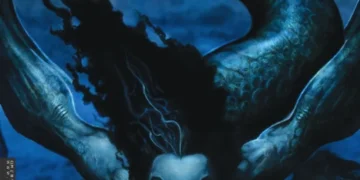Cast: Mzia Arabuli, Lucas Kankava, Deniz Dumanli
Genre: Drama
Director: Levan Akin
In Irish Cinemas: 19th July 2024
Following the success of his acclaimed LGBT drama ‘And Then We Danced,’ director Levan Akin presents Mzia Arabuli in a decisive role as a stoic Georgian schoolteacher on a quest to find the trans niece she once rejected. When you visit Istanbul, you can’t help but notice the abundance of cats. The city is teeming with strays, ranging from beautiful and friendly to scruffy and aloof. Entire films have documented this phenomenon, with ‘Kedi’ being a prevalent example. However, beyond the feline population, countless human lives are on the fringes of this modern metropolis. Invisible until acknowledged, the homeless children, street vendors, sex workers, and immigrants also navigate the city’s margins, struggling to survive. If you pay attention, their presence becomes impossible to ignore.
With “Crossing,” writer-director Levan Akin aims to illuminate the often overlooked. Following the international success of his Cannes-selected queer drama “And Then We Danced,” Akin deliberately shifts his focus to the trans community in Istanbul. Instead of manipulating, he seeks to raise awareness through authentic representation. “Crossing” narrates the compelling, albeit slightly meandering, tale of Ms. Lia (Mzia Arabuli), an elderly Georgian schoolteacher devoted to fulfilling her sister’s dying wish: finding her estranged daughter, Tekla (Tako Kurdovanidze).
The movie immediately informs audiences that both Georgian and Turkish are gender-neutral languages. Lia begins her search in the Georgian city of Batumi, where she encounters a former student and asks him if he has seen Tekla. His younger brother, Achi (Lucas Kankava), interjects, mentioning, “She’s talking about those trans girls.” This remark causes visible discomfort among the group, highlighting the cultural shame surrounding the topic. Director Fatih Akin uses this moment to expose the societal stigma Lia faces. As she continues her quest to find Tekla, it becomes evident that she is also grappling with acknowledging and accepting her niece’s identity. This dual struggle—her external mission to locate Tekla and her internal journey towards acceptance—forms a poignant secondary narrative within the film.
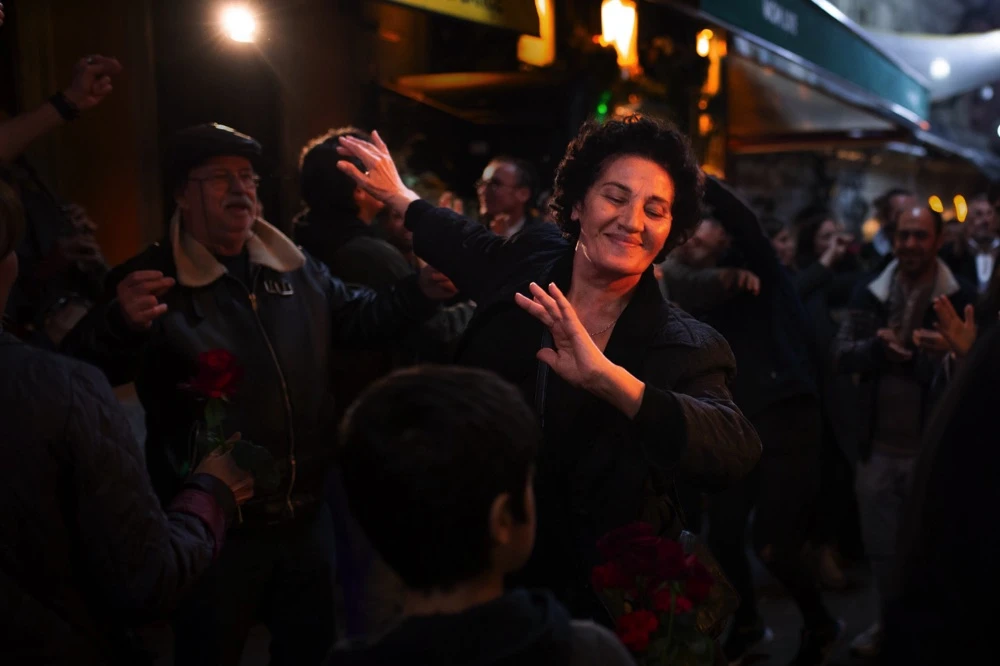
“Crossing” unfolds as a road trip from Batumi to Istanbul, but for Lia, the more profound journey is internal. Arabuli’s portrayal of Lia is stern and proud, and she takes no shortcuts to earn the audience’s empathy. Fortunately for Lia, she doesn’t have to navigate this path alone. Achi, desperate to flee Georgia, claims to have the address of where Tekla is living in Istanbul and insists on joining Lia as her translator and guide. However, it quickly becomes evident that he is more of a hindrance. Achi is penniless, speaks no Turkish, and mainly tags along to escape Batumi himself.
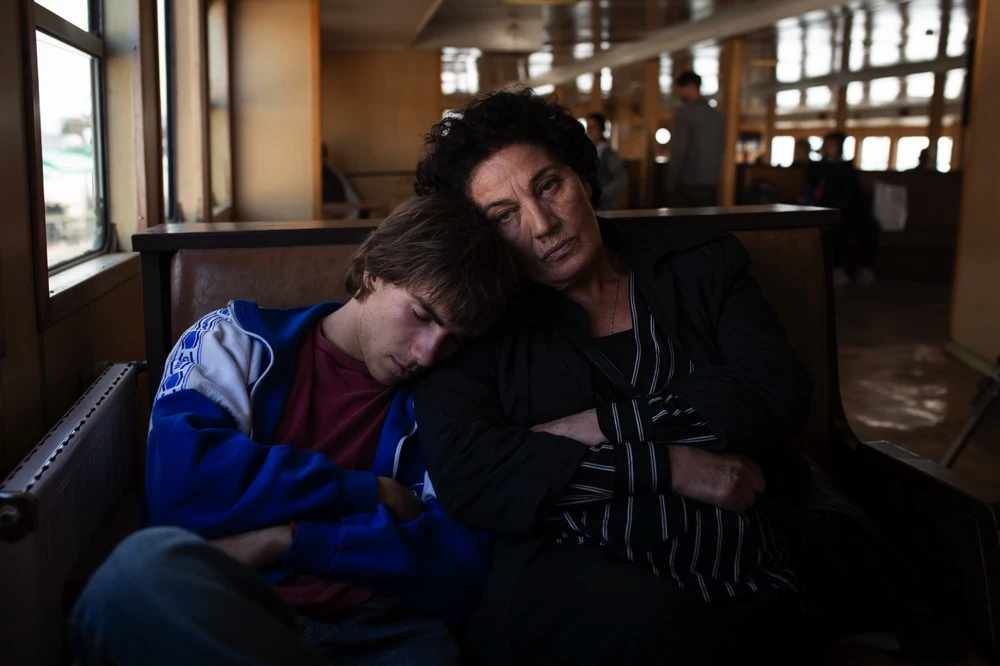
Director Akin, who is of Georgian descent but was born in Sweden, uses the character of Achi to express the frustrations of a younger generation back in Georgia, who are discontent with their limited opportunities. Lia, who is in her seventies and nearly half a century older than Achi, struggles to fit into the patriarchal system. She defies traditional expectations by never marrying and tries to enforce strict rules—no alcohol or narcotics—before they embark on their journey. However, Achi exposes her hypocrisy by saying she secretly indulges in chacha, a homemade Georgian liquor.
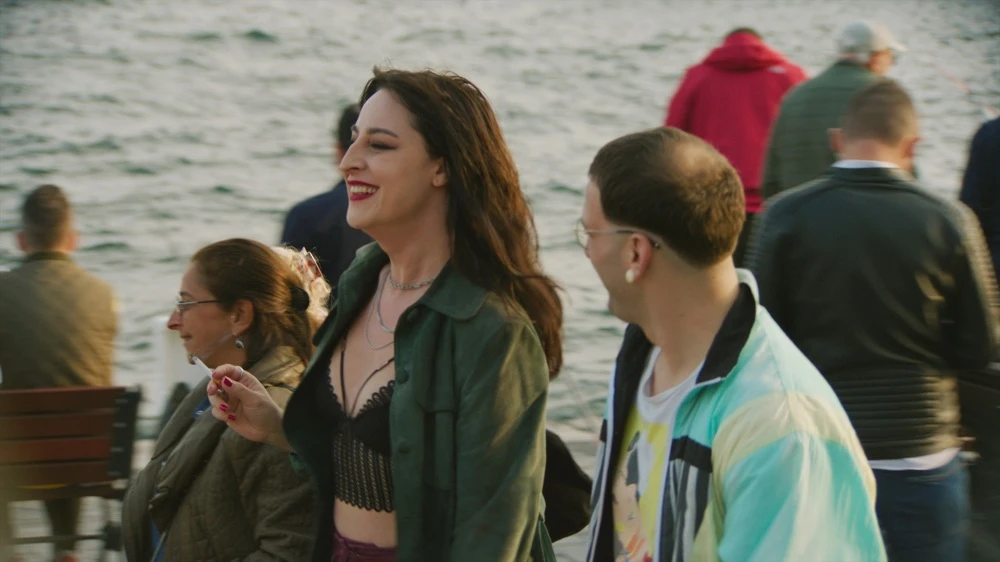
To reach their destination, Lia and Achi must navigate a series of bus rides and ferry crossings. During one of these ferry rides, DP Lisabi Fridell, who employs a handheld camera technique throughout, takes viewers on an immersive tour of the large vessel. This long, unbroken shot allows the audience to ponder the lives of other passengers momentarily. On the lower deck, the camera focuses on two skinny orphans, one playing a guitar and singing to his “sister.” These orphans, Izzet (played by Bünyamin Değer) and Gülpembe (portrayed by Sema Sultan Elekci), share no more of a familial connection than Lia and Achi, though viewers might initially think otherwise. Meanwhile, on the upper deck, a woman named Evrim (Deniz Dumanl) is seen smoking. It is later revealed that Evrim is a lawyer who champions trans rights.
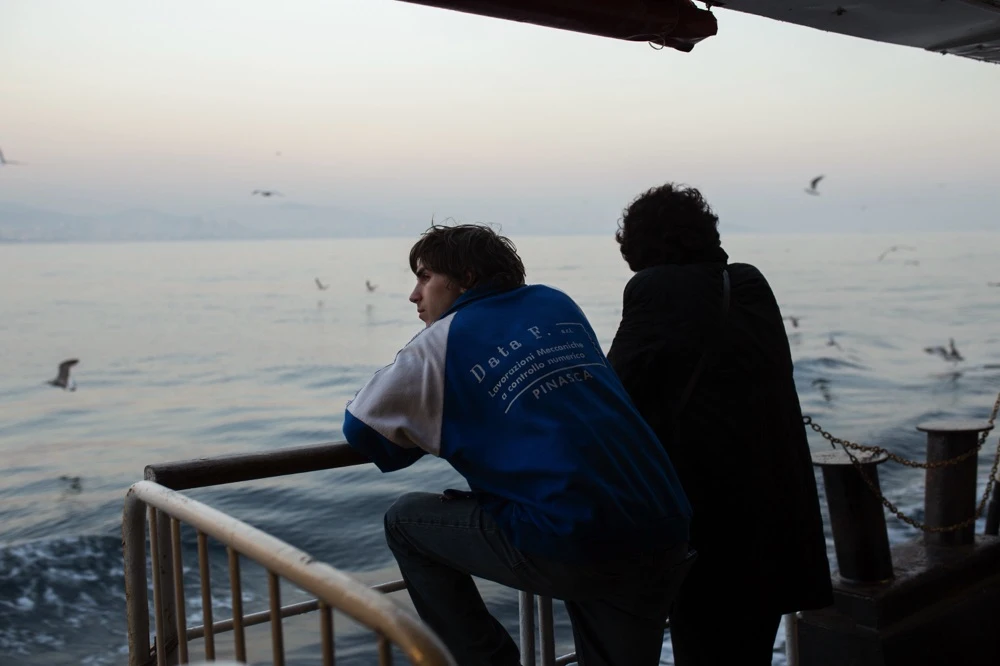
For now, though not for much longer, the five characters remain strangers to one another. The film experiences a slight lull as Lia’s investigation hits multiple dead ends, and director Akin shifts his focus among the various storylines. In a way, this ensemble of outsiders and refugees mirrors Istanbul’s numerous stray cats, several charmingly appearing throughout the movie. Akin seems to be making a more profound observation: Despite lacking biological ties, these individuals bond and support each other as if they were family, creating makeshift families wherever they find themselves.
Evrim encounters a young student named Ziya Sudançıkmaz, who earns extra money by driving an unlicensed taxi during his free time. Meanwhile, as Achi searches for employment, he connects with a young woman named Derya Günaydın at the same hostel. Lia’s conversation in Georgian catches the attention of Ramaz, a fellow immigrant played by Levan Gabrichidze, who invites them to dinner. These interactions are just a few of the many connections formed throughout the story. “Crossing” may not conclude the search for Tekla as neatly as some viewers might hope, but it uses this quest to guide the audience through the streets where Istanbul’s trans community gathers. The film ventures into rooming houses, which are little more than brothels yet serve as crucial spaces for fostering community among their inhabitants.
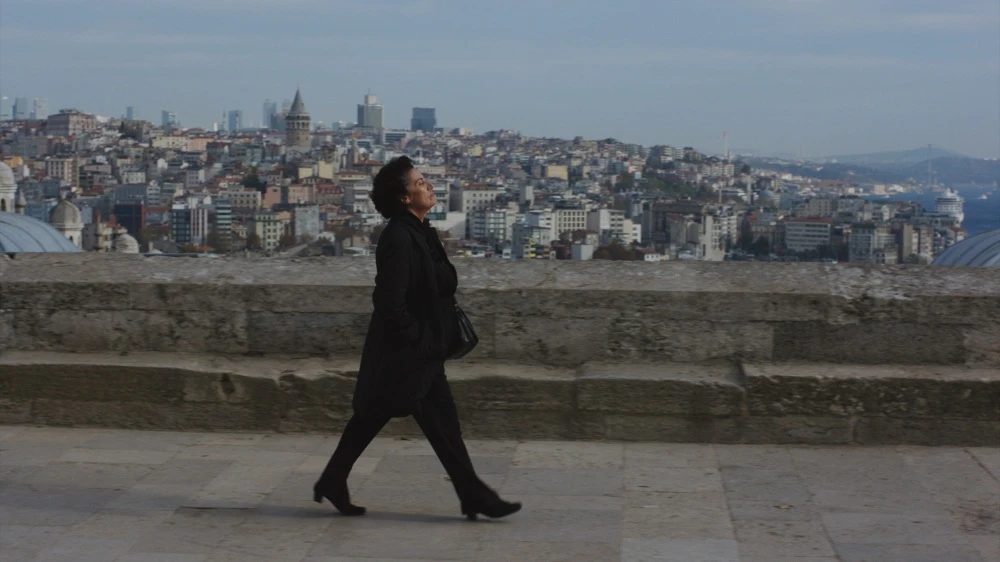
In contrast to “The Searchers” and its derivatives, which typically depict a cowboy character searching for a missing person, “Crossing” bravely questions whether Tekla wants to be found. The film gently and subtly allows Lia to confront her regrets. A poignant anecdote about a Georgian man who “accidentally” killed his transgender child reveals the real reasons behind Tekla’s flight. Essentially flipping the John Ford narrative on its head, Akin’s story implies that Tekla’s relatives may need salvation more than she does.
Overall: 8/10

